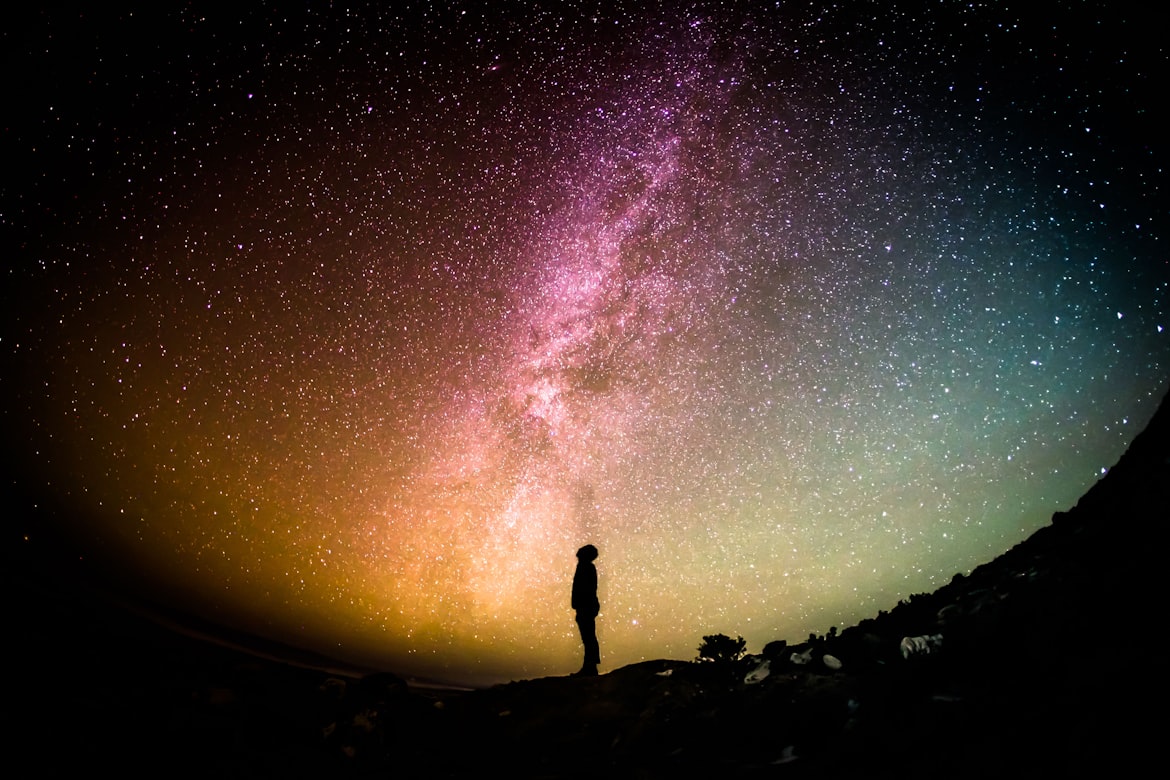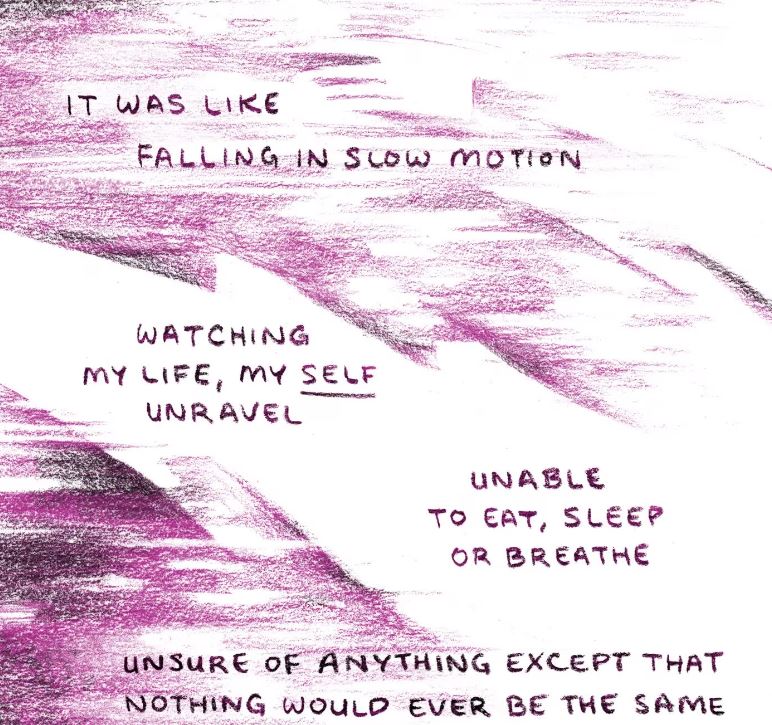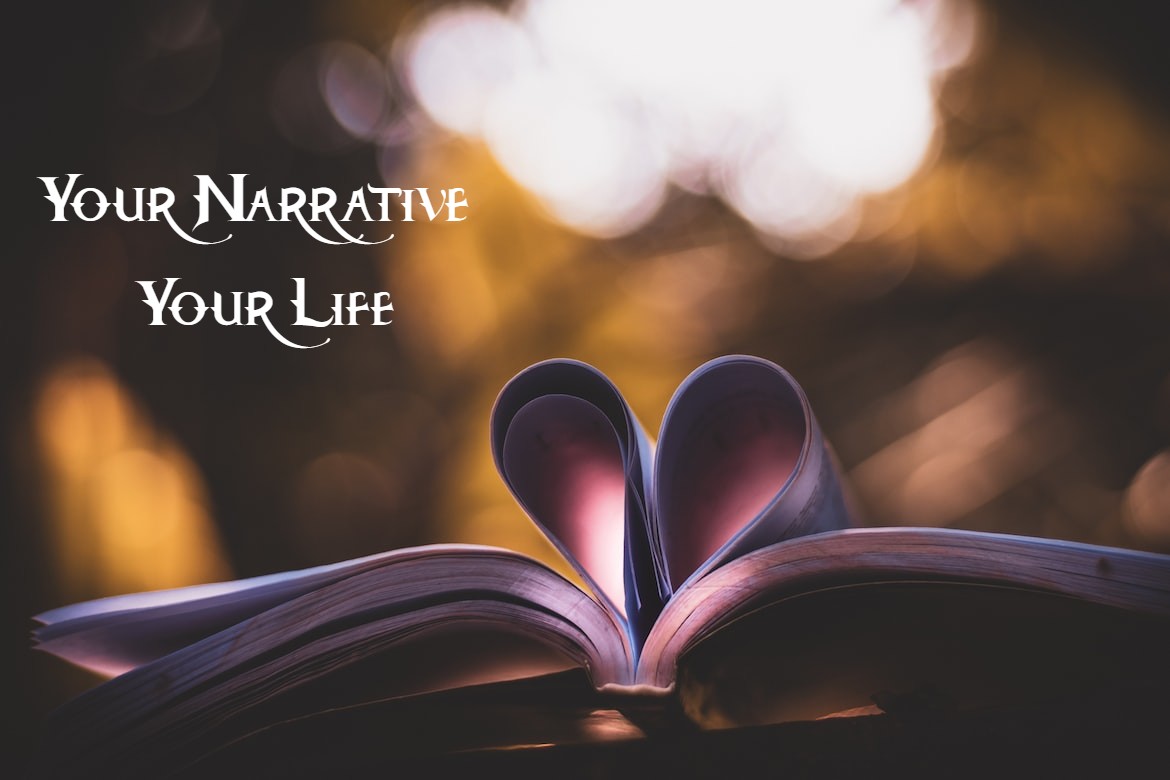Do people change? This question has probably been pondered by philosophers, psychologists, professionals, parents, men, women, young and old throughout history. Is it really possible for a person to change?
Before considering today’s question, we need to determine what change means to each of us. A simple definition might imply transformation, growth, and the ability to evolve beyond one’s current set of beliefs and state of being.
From the moment we are born, we embark on a lifelong journey of acquiring knowledge, skills, and experiences. Through each of these, we gain new perspectives, form our beliefs – have them challenged, and expand our understanding of the world, ourselves, and our position within it.
Being open to new ideas and engaging in critical reflection encourages us to be open-minded. It opens a door to an exponential number of new possibilities and experiences which will further continue to shape and reshape our thoughts, attitudes, behaviors, and ultimately our life.

Sometimes change happens because we want something different in our lives and other times, we are forced into it as a result of circumstances or events.
The potential for change resides in each person and I believe it is possible but in a lot of cases, less probable.
Everyone can grow, expand, and develop, but change is not easy. For the majority, the path is long, hard, stressful, and usually includes some sort of physical and/or emotional turmoil or tragedy, to even get the opportunity in the first place.
It is difficult to break free from deeply ingrained patterns. We are creatures of habit and would rather continue to do what we have done, even if it’s detrimental to our health, well-being, growth, and happiness than do the unknown. Essentially, we feel safer doing what has already happened than doing something different. We tend to reside in a world of better the devil you know.
A common feeling among bereaved parents after losing a child is that at the point of death or just prior to it, our world stops spinning and becomes temporarily suspended. Life as we know it disappears and we can almost see it fading before our eyes. We are put in a position of no other option but to change or to create a new life and a new normal.

This is not only terrifying but incredibly challenging. We have no clue how to do this, how it will happen, or what it will look like. And just as we had no control when our world stopped, it suddenly starts spinning again – feeling like change has begun without our input or our permission.
I remember going back to work after Ben. Wow, how I struggled with the idea of continuing on without him. I didn’t want to change. I didn’t want to build a new life. Now I was in a position where I had no choice and no control and I became overwhelmed with the feeling that I was somehow leaving him behind.
What did this say about me? How could I even consider going into a new chapter without him? Did that make me an awful mother? I was so caught between moving forward and staying still. Day in and day out for weeks I cried all the way to work and all the way home again. I felt so incredibly guilty and so hurt. Often I would walk in the door at either end and my tears would increase to uncontrollable sobbing.
I am often asked what the response was around me in those early months. In hindsight, I know I was blessed and am forever grateful for having the most compassionate and caring boss. I know now he had no clue what to say, or what to do with me, but he gave me a safe space to just be however I needed to be.
It’s amazing how the relationships you think you will have forever fade away after the death of a child and new ones develop. Ours was one that developed and today he remains a beautiful friend I am close with.
Often, we will hear someone say, ‘I miss the person I used to be…’ and perhaps this is because nothing is the same as it was before losing our child. Whilst we remain unchanged at our core, in so many other ways we inevitably become different people.

So back to our question – can people really change?
Research has allowed us to understand the brain’s remarkable plasticity. We have evidence to suggest that it has the capacity to reorganise, strengthen and create new neural pathways. We have the capacity to adapt to new circumstances and form new habits. We have learned the effects of a stimuli and reward system, and the changes in our brain when we respond positively or negatively to triggers or factors external to ourselves.
We know that as individuals we can develop new skills, overcome limitations and modify behaviours as well as change patterns. We can learn how to walk again after an accident and losing a limb and we can increase one of our senses when another one decreases or disappears. And even the most dysfunctional of addicts can face their demons and overcome their temptations to create new and meaningful lives.
So, YES, I believe transformation and change are possible, however… a few ingredients need to be in place.
Change requires a high level of:
✔ self-awareness, self-reflection, acceptance, and honesty,
✔commitment – consciously engaging in intentional and deliberate practices,
✔perseverance – persisting when we don’t want to, don’t feel like it, are deflated, side-railed, or it’s just too hard
✔patience – the speed and timeframe we expect change to occur needs to be realistic. It’s a journey, not an event.
Perhaps most importantly, significant change requires connection and is unlikely to occur on our own. It requires an anchor to keep us grounded as we navigate stormy waters into a new way of being. And it requires compassion, patience, non-judgement, and boundaries from those who love and care about us.
One of the biggest enemies of positive change is the belief that I can’t. The truth is, there is too much evidence out there and the most unlikely of people with lives much worse than yours, turn them around every day.
The only person left with decisions now is you. The choice is yours. You and you alone have the power to decide what you will do and what you won’t. Are you ready?
Much Love
Dalya xx 💙
